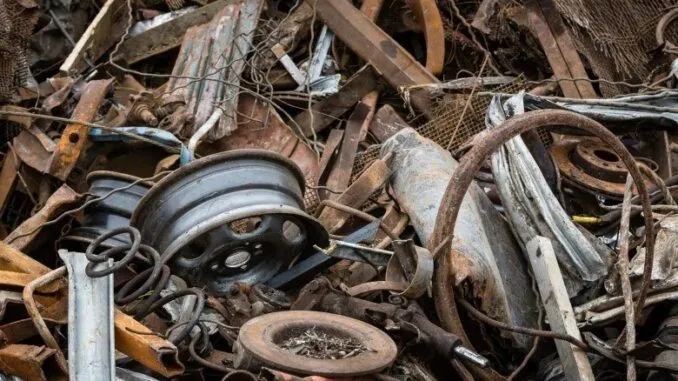
Niger Bans Export of Metal Scraps to Optimise Country’s Resources

Niger has announced a ban on the export of scrap metals, according to a decree issued by the Ministry of Commerce and Industry on November 21, 2024.
The prohibition targets the export of scrap iron, cast iron, steel parts, and other unusable metal components. This measure, enacted on the recommendation of the Ministry’s Secretary General, aims to ensure that these materials remain within the country for local use and development.
However, the decree leaves room for the export of other metals, such as aluminum, copper, and lead. According to reports, these categories will require prior authorisation from the Minister of Trade and Industry, ensuring tighter controls and oversight over their export.
To enforce the new regulations, sworn agents of the Ministry, along with customs officials and defense and security forces, have been tasked with monitoring and penalising any violations of the decree.
This decision aligns with the government’s broader strategy to optimise the utilisation of Niger’s resources for national development. By prioritising local use of scrap materials, authorities aim to bolster domestic industries and reduce reliance on imported raw materials.
The move reflects Niger’s growing emphasis on resource management and economic self-reliance, signalling a shift in how the country approaches its industrial policy.
About The Author
Related Articles
Asake Sets New Billboard Afrobeats Record as Chart Presence Grows
Asake has further cemented his place as one of Afrobeats’ most dominant...
ByWest Africa WeeklyJanuary 29, 2026Nigerians Lament PayPal’s Return as Old Wounds Resurface
PayPal’s reentry into Nigeria through a partnership with local fintech company Paga...
ByWest Africa WeeklyJanuary 29, 2026Tanzania Eyes Gold Sales as Aid Declines and Infrastructure Needs Grow
Tanzania is weighing plans to sell part of its gold reserves to...
ByWest Africa WeeklyJanuary 29, 2026Mali Tightens Grip on Explosives Supply With New Majority Stake
The Malian government has taken majority ownership of a civil explosives manufacturing...
ByWest Africa WeeklyJanuary 29, 2026












Leave a comment